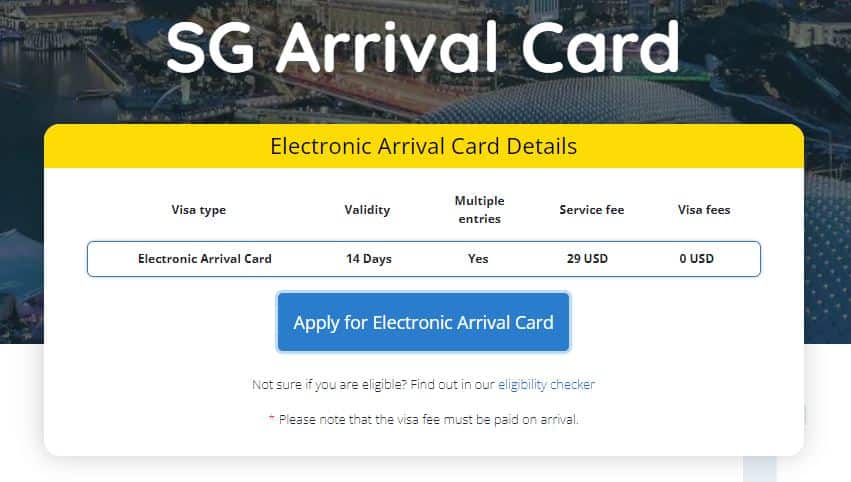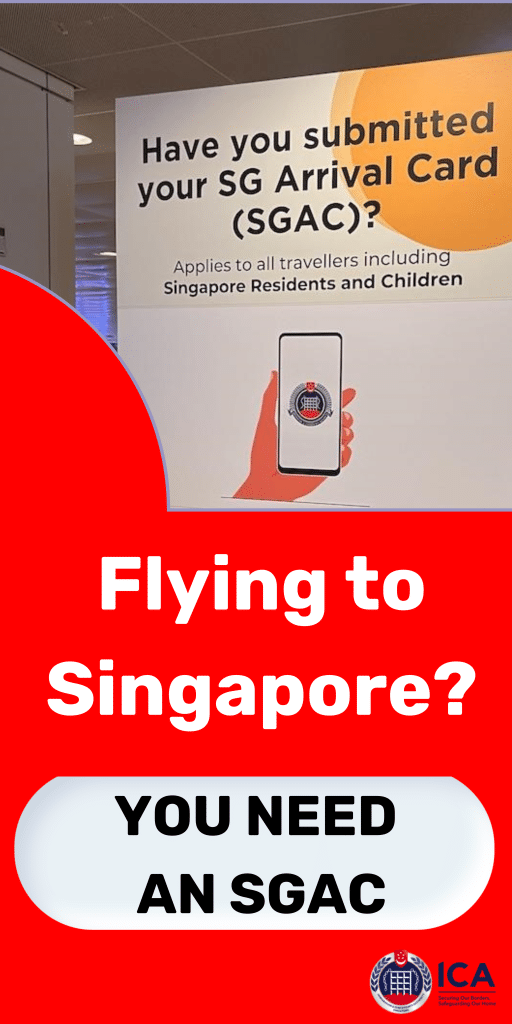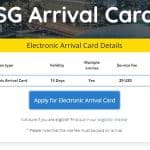Introduction
Applying for a visa to visit or live in Singapore can be a complicated process. While many visa applications are approved without issue, some are unfortunately rejected for various reasons. If your Singapore visa application gets rejected, it can be disappointing and frustrating.
However, understanding the common reasons for visa rejection can help you avoid mistakes and increase your chances of approval on your next application.
In this detailed blog post, we’ll explore the top reasons Singapore visa applications get rejected and provide tips to help your next application succeed.
Overview of Singapore Visas
Singapore issues various types of visas depending on the purpose and duration of your visit. Some of the most common visa types include:
Visitor Visas
These allow short-term stays in Singapore for purposes like tourism, business trips, visiting family, and more. The most common is a 30-day visa.
Student Visas
For foreigners pursuing education in Singapore. Applicants must provide proof of acceptance and enrollment from an approved Singapore school.
Work Visas
For foreign professionals seeking employment in Singapore. This requires a job offer from a Singapore company and approval from the Ministry of Manpower. Subtypes include employment passes, S pass, work holiday pass, etc.
Dependent Visas
For spouses and children of foreigners on certain long-term passes in Singapore. Allows dependents to legally reside in Singapore.
Permanent Resident Visas
For foreigners who want to live long-term or permanently in Singapore. Approval is based on professional skills, investment, family ties, and other qualifications.
Top Reasons for Visa Rejection
While requirements vary by visa type, there are many common mistakes that can lead to rejection. Here are some of the top reasons Singapore visa applications get denied:
1. Incomplete or Error-Filled Application
One of the most preventable reasons for rejection is an incomplete or inaccurate visa application. Double-check that you have filled out the application fully and correctly according to the instructions. Errors like missing information, wrong dates, typos, or inconsistencies can raise red flags.
2. Lack of Valid Passport
Your passport must meet Singapore’s validity requirements (usually at least 6 months) and have several blank pages for visas and stamps. An expired or nearly expired passport is grounds for instant rejection. Make sure your passport is valid well into the future before applying.
3. Insufficient Funds
Visa applicants need to prove they have the financial means to support themselves in Singapore. Failing to provide bank statements, payslips, or other income documentation can get your application denied if funds seem inadequate.
4. Suspicious Travel History
Prior visa violations, deportations, or extensive travel to certain high-risk countries can draw scrutiny and skepticism from immigration officials. Being unable to justify legitimate reasons for past visits may lead to rejection.
5. Unconvincing Ties to Home Country
Singapore tries to avoid applicants who look likely to overstay visas illegally. Strong proof of family, employment, property, or other ties to your home country is needed to show you will return. Weak ties are a red flag.
6. Criminal Record
Even old or minor offenses on your criminal record can get a visa application denied if not properly disclosed. Be honest on the forms about past convictions to avoid looking like you have something to hide.
7. Unclear Purpose of Visit
Failing to state a specific, credible reason for visiting Singapore or providing inconsistent explanations for your trip can arouse suspicion and get your application rejected.
8. Lack of Travel Medical Insurance
Visitors to Singapore are required to have adequate travel medical insurance coverage. Not purchasing or providing proof of insurance may lead to visa denial.
9. Prior Visa Rejections
Receiving prior visa rejections, especially from Singapore, does not help your case. It can indicate an underlying issue that needs to be addressed before reapplying.
10. Unlawful Purpose
Evidence or suspicion that you plan to overstay, work illegally, or use a Singapore visa for other unlawful reasons is grounds for rejection. Only apply if you plan to fully obey all visa terms.
Tips for Avoiding Rejection
Here are some tips to help your Singapore visa application succeed:
- Carefully read all instructions and provide complete, accurate information on the forms.
- Make sure your passport has at least 6 months validity and several blank pages. Renew it if needed.
- Compile extensive financial documents like bank statements, tax returns, etc to prove you have adequate funds.
- Be prepared to fully explain any past visa rejections or unusual travel history.
- Provide strong proof of ties to your home country. Examples include family photos, property deeds, employer letters, university transcripts, etc.
- Disclose any past convictions upfront and explain the circumstances.
- Have a specific, consistent reason for visiting Singapore such as tourism, business, education, or medical treatment.
- Purchase travel medical insurance that meets Singapore’s requirements before applying.
- If previously denied, determine the reason for rejection and take steps to address the issue before reapplying.
- Be honest about all information provided. Dishonesty is grounds for denial.
Conclusion
Getting a Singapore visa application rejected can be upsetting but is often avoidable. The most common reasons include incomplete forms, passport issues, insufficient funds, suspicious past travel, unclear visit purpose, and prior rejections.
Taking steps to correct these deficiencies and submit a strong, honest application with full documentation can greatly improve your chances of approval. Pay close attention to Singapore’s visa policies and double-check that you meet all the requirements for your particular visa type before applying.
With diligent preparation, you can feel confident that your Singapore visa application will be accepted.
References
Ministry of Foreign Affairs Singapore. “Apply For A Singapore Visa.” Accessed October 12, 2023. https://www.mfa.gov.sg/visa-services/apply-for-a-visa.
Singapore Visas & Permits. “Singapore Tourist Visa Guide.” Accessed October 12, 2023. https://www.singaporevisaguide.com/.
TravelStack. “Singapore Visa Application Requirements.” Accessed October 12, 2023. https://travelstack.com/singapore-visa/.

Goh Jun Cheng is the chief staff writer for SingaporeAirport.com. Jun Cheng graduated with a degree in journalism from Nanyang Technological University in Singapore.
He has over 5 years of experience writing about aviation, tourism, and lifestyle topics relevant to locals and visitors in Singapore. His articles provide insights into the rich culture, cuisine, and attractions of Singapore. Jun Cheng is an avid traveler who has visited over 15 countries.
When he is not writing or traveling, he enjoys photography, trying new foods, and hiking. As a longtime Singapore resident, Jun Cheng is passionate about sharing hidden gems and perspectives about his home country.




